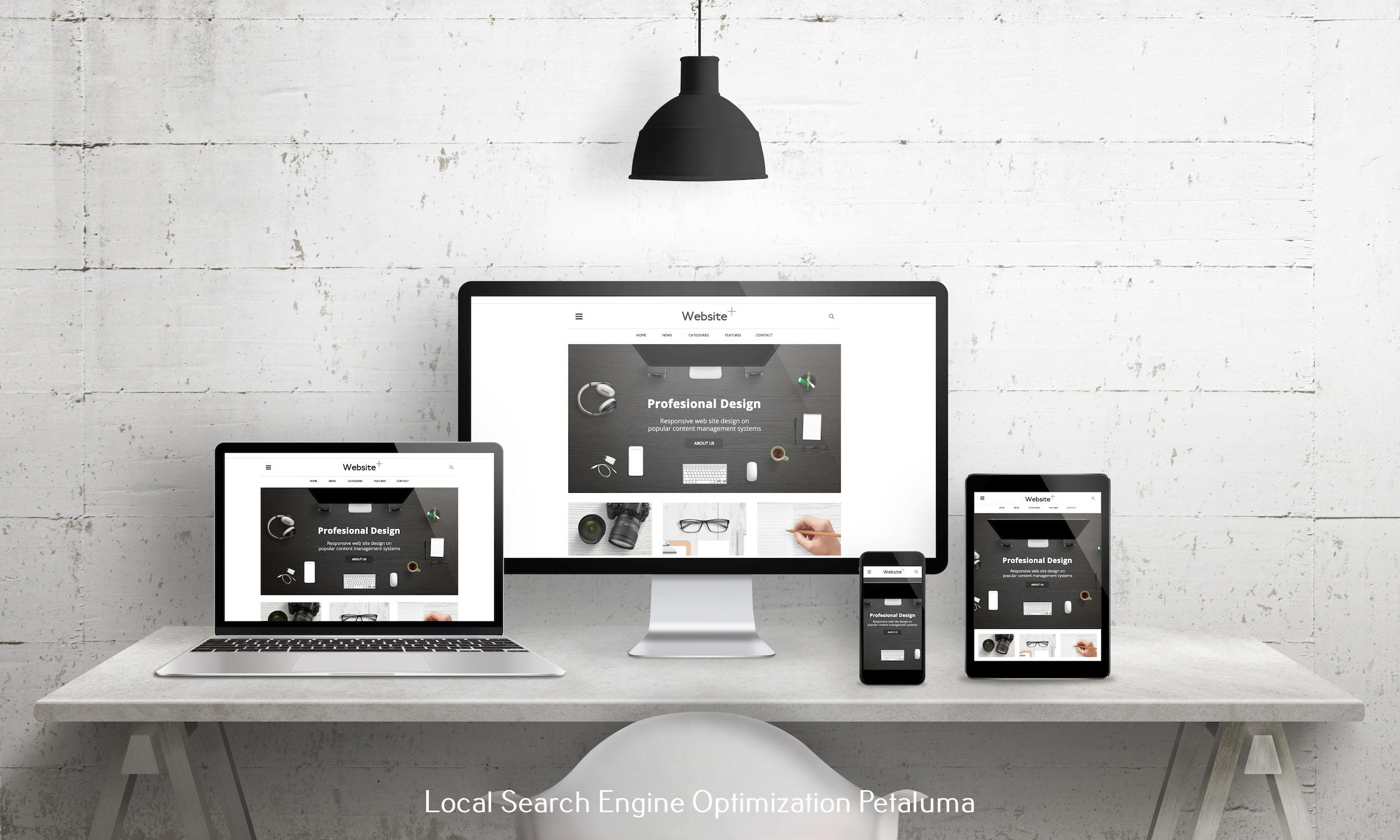It's crucial for small business owners to have a continuous online presence in order to draw in new clients and distinguish themselves in their field. Regularly producing and posting top-notch content to your website and social media channels is one approach to accomplish this. Your content development efforts can be planned and organized in an effective and efficient manner with the use of a content calendar. Here's how to make a content calendar for your small business's blogging and social media posting:
- Establish your objectives: It's critical to comprehend your content goals before you begin planning your content calendar. Do you want to boost website traffic, brand recognition, or lead generation? Knowing your objectives will enable you to provide content that is relevant to and targeted at your audience.
- Determine who your target market is: Who are you hoping your content will appeal to? By knowing who your target market is, you can develop content that appeals to them and addresses their needs.
- Selecting your channels: Choose the publication location for your work. Are you going to concentrate on your business blog, Facebook and Instagram, or both? Knowing your channels will assist you in creating a calendar and plan for your content that works for each platform.
- Create a content plan: Make a list of prospective content themes that are pertinent to your company and your target audience as a starting point. You can also take into account significant dates and occasions that might be pertinent to your material, including holidays or professional conferences. Then, create a content plan for each month, segmenting it into distinct topics and channels.
- Plan your material: To plan your content in advance, use a calendaring app like Google Calendar or a project management system like Asana. This will make it easier for you to keep organized and guarantee a steady stream of information.
- Review and modify your content calendar as necessary. As you produce and distribute material, be sure to monitor its performance. Adapt your content calendar if some themes or channels are performing better than others.
In conclusion, a content calendar can assist small businesses in effectively planning and organizing their content generation efforts. You can develop a consistent and successful content strategy that supports your company's online success by deciding your goals, defining your target audience, selecting your channels, creating your material, and scheduling it ahead of time.






































0 Comments